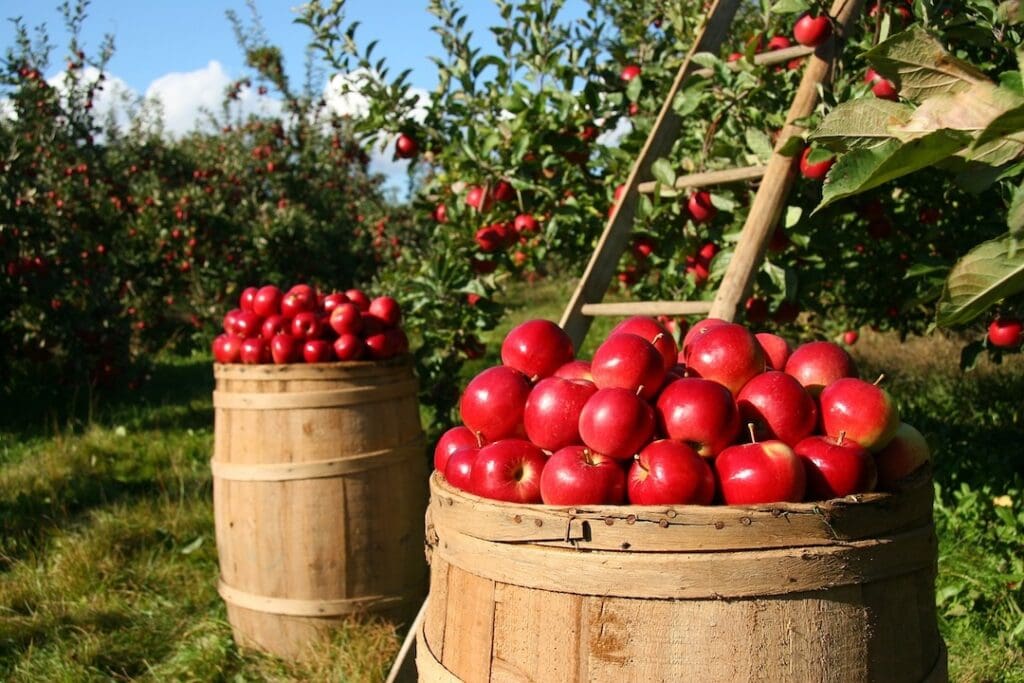In recent years, organic farming has grown in popularity among consumers worldwide. This shift in consumer preferences has not only transformed the agricultural landscape but has also caught the attention of agricultural experts and investors.

This article explores the economics of organic farming and provides a financial analysis for potential investors considering entering this market.
Economic Benefits of Organic Farming
Organic farming, as defined by the United States Department of Agriculture (USDA), involves cultivating crops and raising livestock without the use of most synthetic pesticides and fertilizers, genetically modified organisms (GMOs), or growth hormones. Instead, organic farmers rely on natural methods such as crop rotation, composting and biological pest control to maintain soil fertility and manage pests.
Investing in organic farming offers various economic benefits. From a financial perspective, organic produce often commands premium prices in the market due to perceived health benefits and environmental sustainability. Additionally, organic farming practices can lead to reduced operating costs over time as farmers rely less on expensive synthetic materials.
Organic farming also contributes to long-term soil health and biodiversity conservation, which can help to combat soil degradation and water pollution. This not only benefits the environment, but also results in cost savings for farmers over time.
Financial Analysis for Investors
There are several factors to consider when investing in an organic farming operation. When deciding to invest in any business, consumer trends and demand should be evaluated. The demand for organic food has been steadily trending upward, with organic food sales totaling $61.7 billion in 2022, growing from $50 billion in 2019. Organic food tends to come at a higher price in the markets, although part of this can be attributed to the fact that operating an organic farm can cost more than a conventional farm.
Using certified organic materials can be more expensive, while farmers can save in other areas such as in fertilizer and pesticide usage. In an initial transition to organic, a farm can see less yields in the early years. However, studies have shown that this tends to even out over time.
Because of all of these factors, it can take time to see the financial benefits of farms switching to an organic operation. However, as the demand increases, agricultural experts come up with new technologies and organic farming becomes more widely accessible, organic farming remains a potentially lucrative opportunity for investors. Investing in organic farming requires a long-term perspective, as the benefits of sustainable practices often accrue gradually over time.

Final Thoughts
Organic farming presents unique opportunities for investors as the world focuses more on products they perceive to be healthier and more environmentally friendly. By conducting a thorough financial analysis and considering factors such as market demand, production costs and long-term sustainability, investors can make informed decisions and maximize returns on their organic farming investments.
Despite initial challenges and higher operating costs, organic farming offers great potential and can help promote environmental benefits and food options for future generations.
This article is for information and educational purposes only and does not form a recommendation to invest or otherwise. The investments referred to in this article may not be suitable for all investors, and if in doubt, an investor should seek advice from a qualified investment adviser.